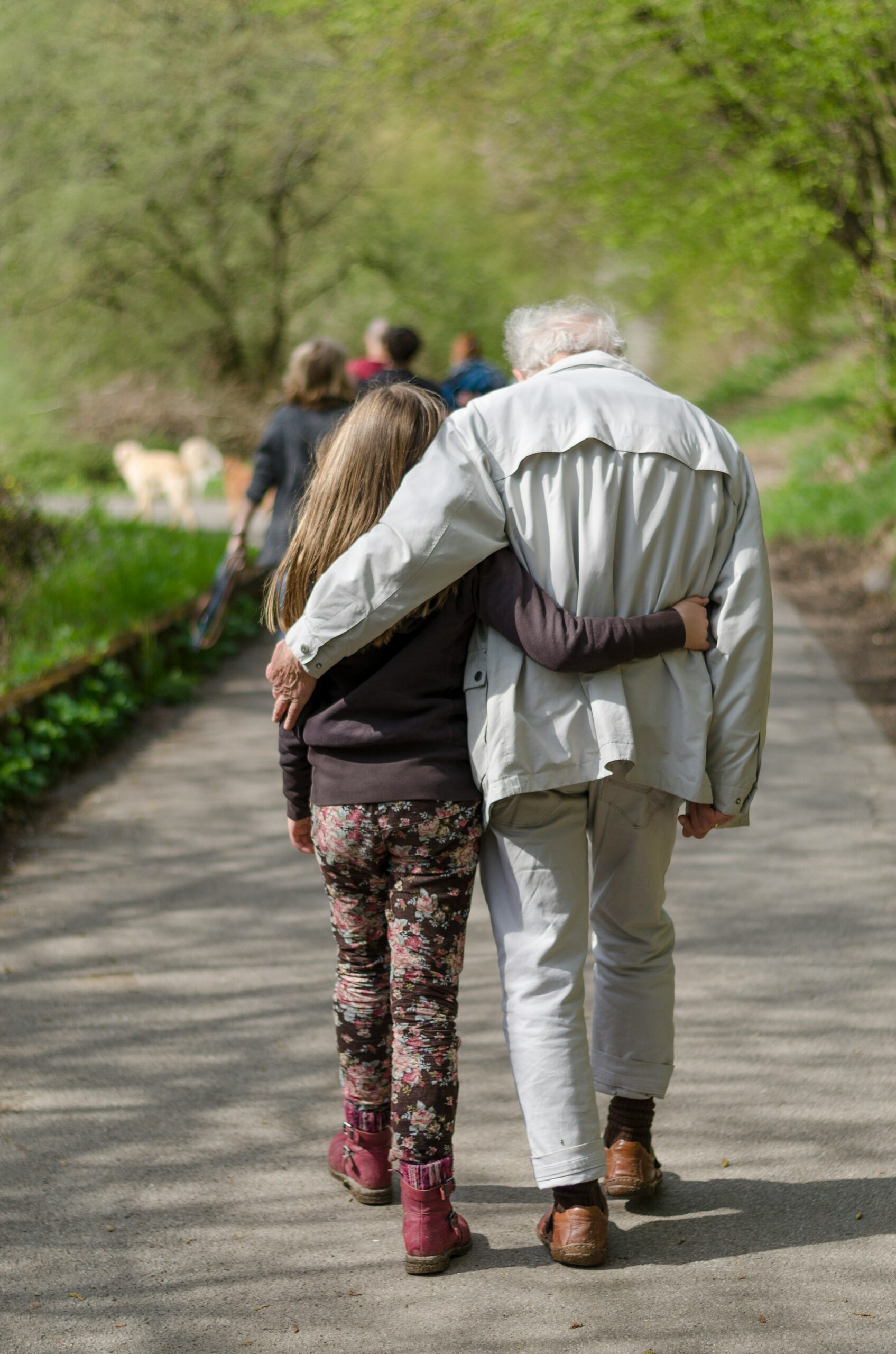Mental Health Care for Caregivers: 5 Supportive Strategies
Medically Reviewed by Mark Hrymoc, M.D., Chief Medical Officer, double-board certified in General & Addiction Psychiatry As the population ages and the need for care for elderly and dependent adults grows, the mental health of their caregivers has become a pressing concern. The responsibilities shouldered by family members and professional caregivers can be overwhelming, significantly impacting their well-being and the quality of care provided. Recent research underscores the necessity of mental health support tailored specifically to caregivers in this demographic. Barriers to Seeking Help Despite the clear need for mental health support, many caregivers face obstacles when trying to access care. Stigma surrounding mental health, the pressures of caregiving, and limited awareness of available resources can discourage caregivers from seeking help. A 2023 study in The Journal of Health and Social Behavior reported that only 25% of caregivers experiencing anxiety or depression pursued professional help, underlining the need for increased …






